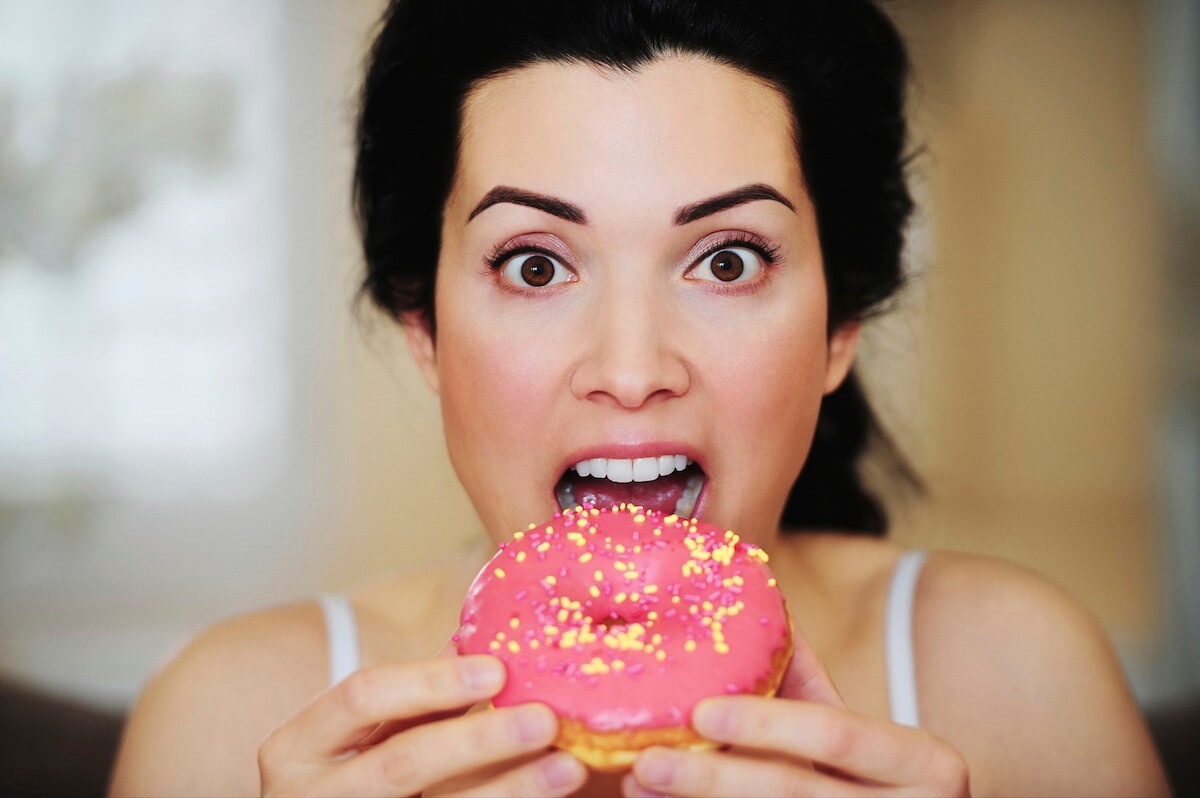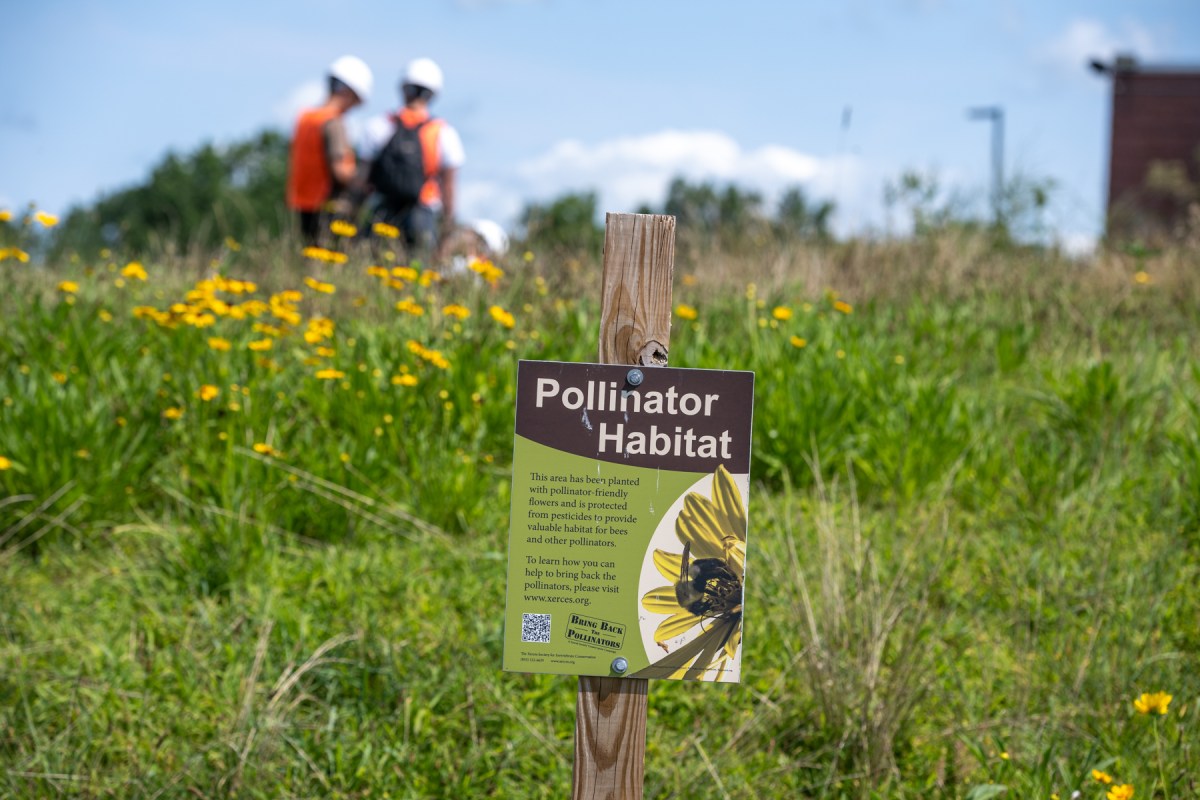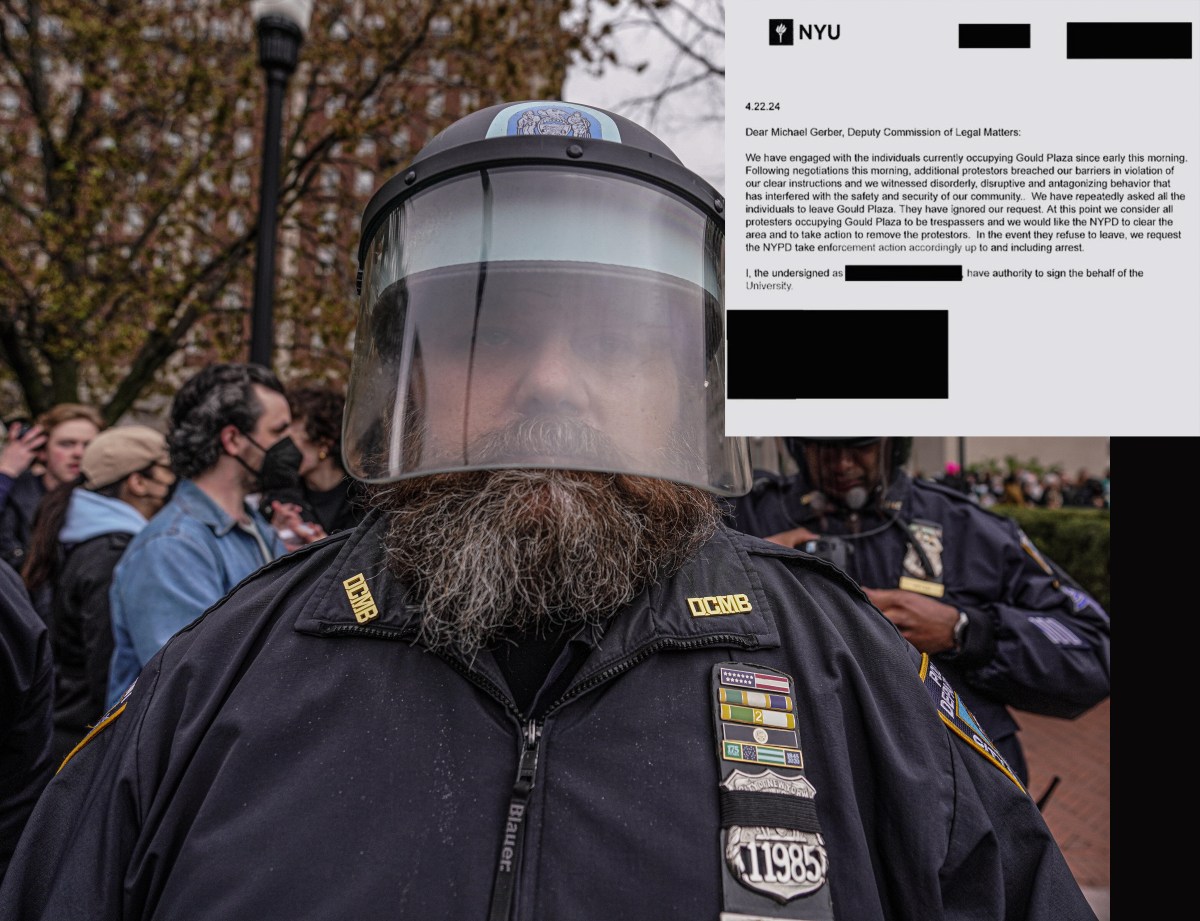Sugar may be bad for you, but if you think you’re being healthier by going for a substitute sweetener, you may as well stick with the original, says a new study.
Researchers at the University of Southern California found that eating subsitute sweetners could be be setting people up for an even unhealthier snack later.
In studying how sugar affects the motivation to eat, the researchers used brain scans to show that a type of sugar called fructose is associated with an area of the brain that processes reward and promotes eating. RELATED: This family didn’t eat sugar for an entire year “Glucose is found in most starchy foods, including bread, pasta and fruit, while the natural source of fructose is fruit and vegetables,” explains study leader Dr. Kathleen A. Page. “But the biggest source of fructose in the American diet is sugar sweeteners.” The study was small, involving just 24 people, who were given drinks sweetened with fructose on one day and glucose on another day. (Regular table sugar is largely made up of sucrose.) They were shown images of high-calorie foods, then asked to gauge their level of hunger and desire for the different foods. After the fructose drinks, participants reported feeling hungrier. In a further study, the scientists presented participants with a choice of delayed monetary rewards or immediate high-calorie food rewards. Again, the study subjects were more willing to go for the food reward after drinking the fructose shake. RELATED: Too much sugar is worse for you than salt
The results suggest that eating fructose may not produce the same satiety effects as glucose. “Fructose is mainly metabolized in the liver and doesn’t stimulate hormones, like insulin, that let the brain know that you’re full,” Page says. Plant-derived sugar alternative So since fruits are high fructose, does this study mean we should eat less of them? “No,” insists Page. “It is important to note that while most whole fruits contain both fructose and glucose, they are also packed with fiber, which delays the absorption of sugar and helps us feel full” She adds: “The amount of fructose that we get from whole fruit and vegetables is relatively small compared to the amount of fructose found in foods and beverages with added sugar sweeteners, like agave and high fructose corn syrup.”
This type of sugar will leave you hungry for more calories

iStock


















